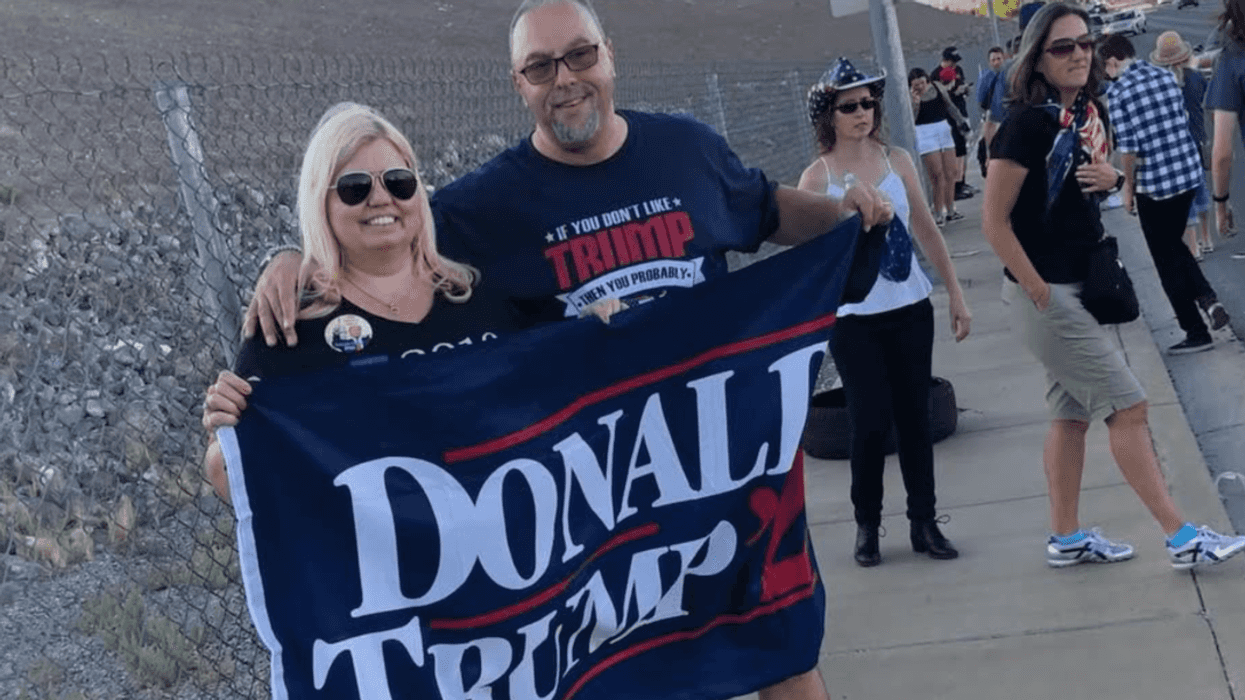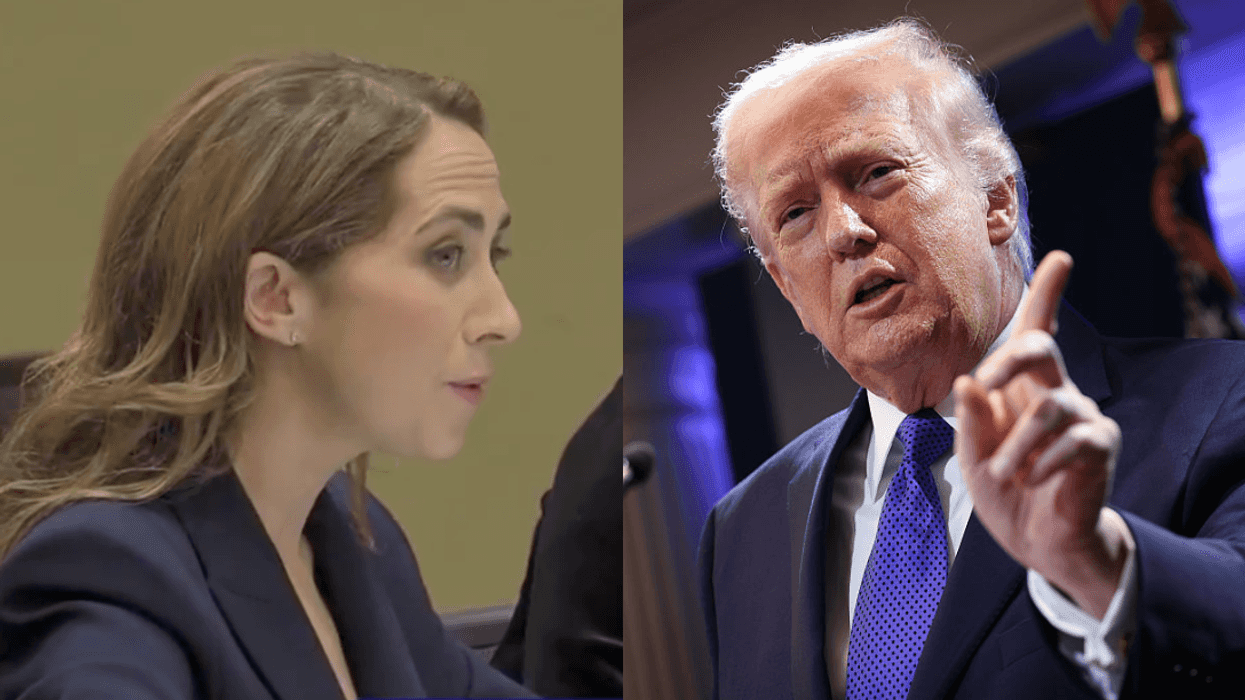The Environmental Protection Agency will no longer evaluate the health risks of asbestos, said EPA head Scott Pruitt, in yet another example of Trump administration deregulation.
Asbestos, a heat-resistant fibrous silicate mineral that can be woven into fabrics, and is used in fire-resistant and insulating materials, can be dangerous to inhale and can cause serious and fatal illnesses including lung cancer and mesothelioma. Nearly 15,000 Americans die each year from asbestos-related diseases, according to the Asbestos Nation Campaign. President Donald Trump has called the substance "100 percent safe, once applied."
Trump, in his 1997 book The Art of the Comeback, argued that associating asbestos with health risks was part of a mob-created conspiracy.
“I believe that the movement against asbestos was led by the mob, because it was often mob-related companies that would do the asbestos removal," he wrote at the time. "Great pressure was put on politicians, and as usual, the politicians relented."
The EPA's announcement comes shortly after the 2016 amendments to the Toxic Substances Control Act, which mandated the EPA to conduct safety reviews of dangerous chemicals and create public notices of the safety information for those chemicals. The amendments also allowed the EPA to ban certain uses of asbestos.
Although the EPA announced it would evaluate and require approval for new uses of asbestos, the agency clarified that it would not evaluate the health risks of asbestos already in the environment.
The move earned significant criticism from politicians and advocacy groups.
Linda Reinstein's husband passed away from mesothelioma in 2006. She is currently the president of the Asbestos Disease Awareness Organization; she condemned the Trump administration's move in a statement.
“The end result will be a seriously inadequate risk evaluation that fails to address major contributors to the heavy and growing toll of asbestos mortality and disease in the United States,” Reinstein said.
Reinstein met with Nancy Beck, deputy assistant administrator of the EPA’s Office of Chemical Safety and Pollution Prevention, to discuss the decision. Joining Reinstein were representatives from the AFL-CIO and the International Association of Fire Fighters. The group came prepared with, Paste Magazine notes, "over 100 studies proving the hazards of asbestos, even in low doses, and documentation showing that any exposure could cause disease." But Beck was unmoved. The decision remained unchanged.
If you don’t evaluate the dangerous legacy of asbestos you don’t know how much contamination still exists in the United States,” Reinstein told Newsweek. “We know it’s in our homes, schools, workplace and environment but the average American can’t identify and evaluate the risk. We have taken risk evaluation off the table.”
According to a recent report released by Senator Ed Markey (D-MA), the government has no record of how many schools contain asbestos materials. Congressman Frank Pallone, Jr., ranking member of the Energy and Commerce Committee, said the report is an example of the “EPA’s refusal to address longstanding concerns around the use and disposal of asbestos," adding that Administrator Pruitt "will bend over backwards to help industry, but won’t lift a finger to protect public health."
Volcanologist Jess Phoenix, a natural hazards expert and the founder of Blueprint Earth, also slammed the EPA's move.
"Asbestos occurs in both serpentine & amphibole varieties, & all 6 types are known carcinogens. Here we see another example of the conspiracy theory mastermind putting lives he doesn't care about at risk based on his beliefs, not evidence," she wrote.
"As an engineer this is tragic," wrote social media user Kelly Rose. "Both safety codes & design practices we’re required as PEs to implement according to both scientific Fact & legal requirements is being dismissed by an illegitimate fascist who can’t even spell counsel correctly in a tweet."
More than fifty countires, including Australia, Japan, and the United Kingdom, have completely banned asbestos use. The EPA has not responded to requests for comment.















 @FlavorFlav/X
@FlavorFlav/X @flavorflavofficial/Instagram
@flavorflavofficial/Instagram @flavorflavofficial/Instagram
@flavorflavofficial/Instagram
